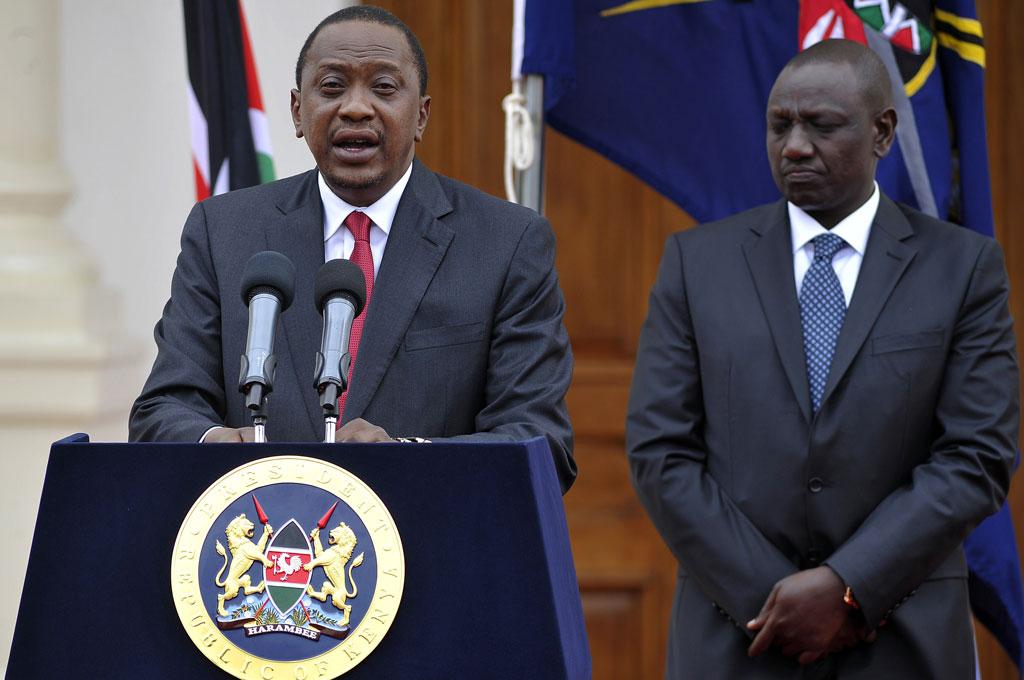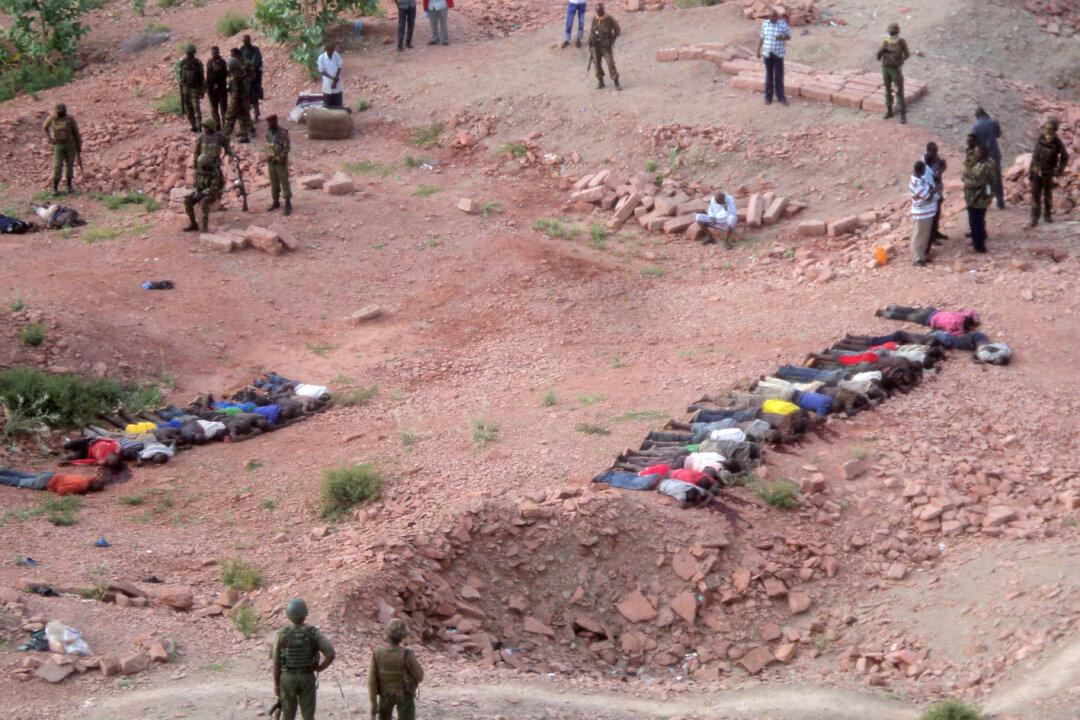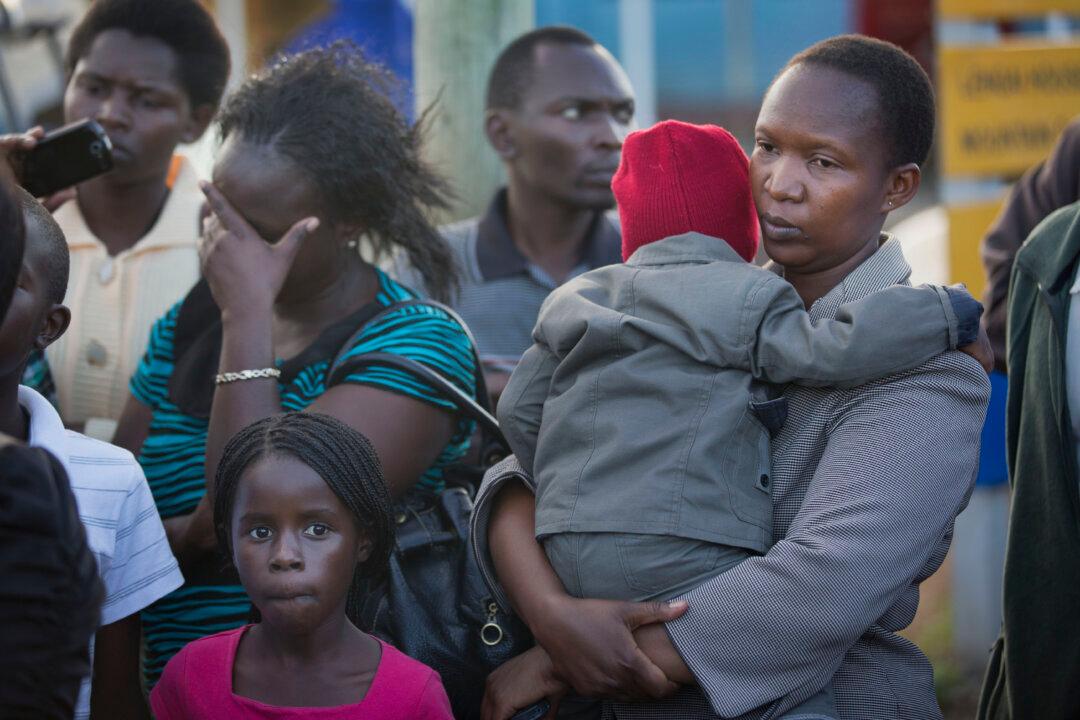NAIROBI, Kenya—The International Criminal Court has said it is concerned over the killing of a man that lawyers said was a witness in the trial of Kenya’s deputy president for crimes against humanity.
Meshack Yebei wasn’t a prosecution witness in Deputy President William Ruto’s trial, but the court offered him safe residency, the court said late Tuesday. Instead, Yebei went back to his hometown, it said.
Yebei was abducted from Eldoret in western Kenya on Dec. 28, and his body was found five days later, the ICC said. Local media reported that after his disappearance, Yebei’s mother received a text message purporting to be from her son saying that he was safe in Uganda with ICC officials.
The court said in its statement that its officials had not been in contact with Yebei at the time of his abduction.
Ken Wafula, a human rights activist in contact with Yebei’s family, said Yebei had been dropped as a prosecution witness. Wafula claimed Yebei had been offered bribes to stop being a prosecution witness.
But Adan Duale, who is the majority leader in parliament and a senior member of Ruto’s United Republican party, and other members of parliament allied to the party, dismissed Wafula’s claims.
The legislators called for authorities to investigate Wafula’s involvement in Yebei’s death.
Ruto and radio journalist Joshua Sang are on trial for crimes against humanity for the 2007-08 postelection violence that killed more than 1,000 people.
Ruto’s lawyer, Karim Khan, said that at the time of his death Yebei was a defense witness.
“Mr. Yebei was a critical witness to the defense and because of this, and the risk we believed he faced, we had referred to him to the ICC Victims and Witness unit for protection,” Khan said in a letter Monday addressed to the Kenyan Criminal Investigation Director, and called for an investigation.
The ICC dropped charges against four other suspects, including those against Kenyan President Uhuru Kenyatta. Kenyatta and Ruto were on opposite sides of the 2007-08 conflict sparked off by a flawed presidential election. The two later joined forces and won the March 2013 presidential election.
The ICC’s chief prosecutor dropped charges against Kenyatta due to lack of sufficient evidence, which she attributed to intimidation of witnesses and the Kenyan government blocking her investigation. The prosecution in Ruto’s trial has also made accusations of bribery and witness intimidation.
From The Associated Press


